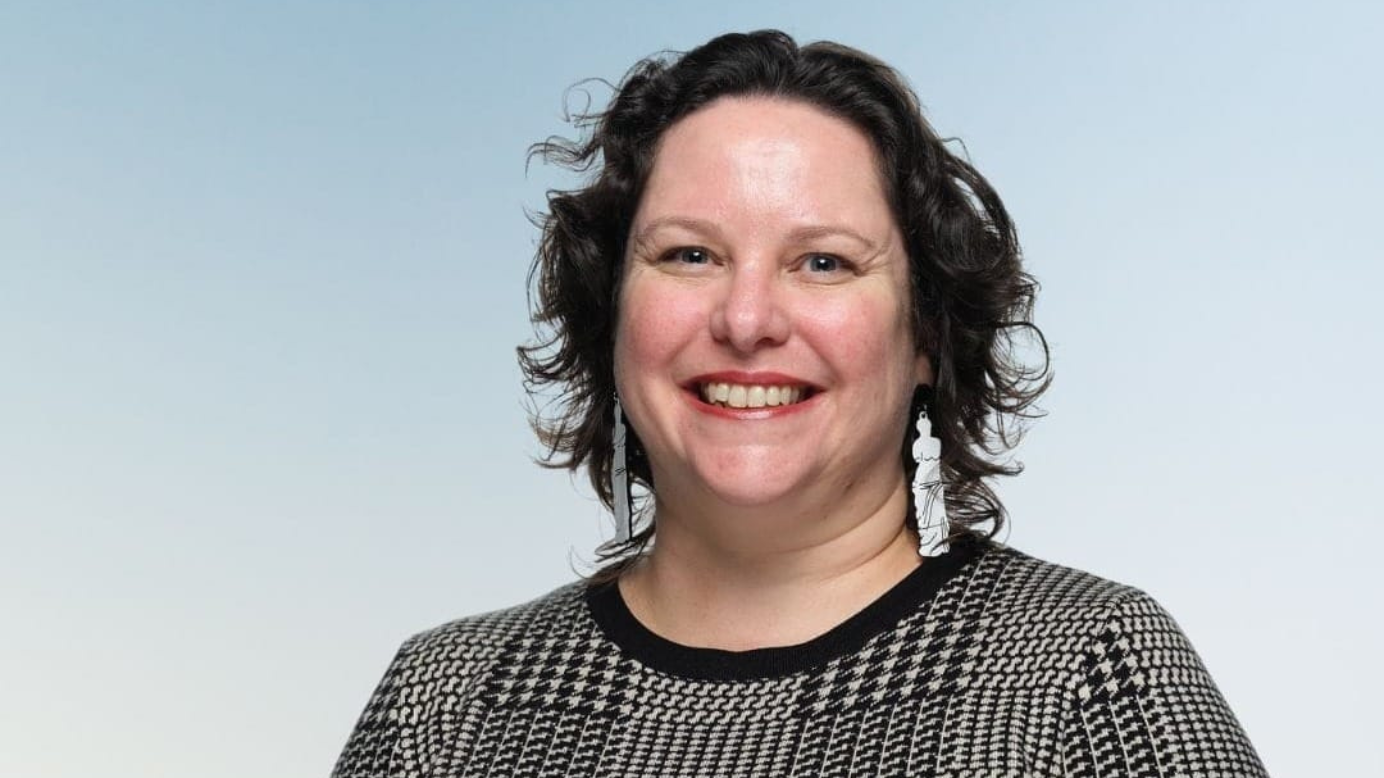
Some critical info from Catherine Ashton
Table of Contents
When a car accident in 2019 forced Catherine Ashton to leave her role as a producer of major events in Victoria, she felt lost. Soon after, the loss of a close family friend made Ashton realise the need for a platform that allows people to document their end-of-life choices and share them with their loved ones. So, in February 2024, she founded Critical Info, a social enterprise that aims to help the recently bereaved navigate the aftermath of the loss of a loved one.
Beating a taboo
Ashton raises the concern that currently, only half the population in Australia have a valid will. She identifies the taboo around discussing death as a potential barrier to putting those plans in place. “If we can help people have these tough conversations, we can only improve outcomes around reducing complex grief, as well as the emotional burden and challenges that come with the responsibility of carrying out death administration after a loved one has died.”
This realisation came when Ashton’s husband’s best friend died in 2021. While supporting his two adult children through the process of settling his estate, she recognised that they first needed a resource to help them understand what their choices were and then how to manage the administrative processes following a bereavement.
Over the next two years, Ashton’s Critical Info brought together resources from more than 200 organisations specialising in end-of-life planning, death care and bereavement into one accessible guide. “I released the guide My loved one has died, what do I do now? to help people navigate those first hours, days, weeks and months after a loved one has passed,” she says. “I prioritised those tasks, so they know what needs to be done first.”
She also created the podcast Don’t Be Caught Dead to help people learn about their end-of-life choices and make informed decisions.
A mission to create awareness
Ashton’s mission is for bereaved people to be informed about their loved ones’ wishes. “We want to encourage people to talk about their wishes and share where they keep their documents and paperwork.” She feels it is important to know, for example, whether they would like to receive life support or die at home and whether they would prefer to be buried or cremated.
“I think the funeral industry is slowly changing to accommodate a more relaxed and family-based approach that is unique and tailored to the lost loved one,” Ashton reflects. In her view, this is a positive step towards reducing the prevalence of complex grief that can arise when people do not know what their loved ones’ wishes are.
She adds, “I’d love to see a world where people are having these conversations openly – that we’ve lifted the taboo, and supports are in place for people within the medical and healthcare industries to make those informed decisions, whatever they might be.”
From pain to purpose
Ashton’s values and how they influence Critical Info’s mission are strongly tied to her experience of chronic pain. “I did extensive work when I was learning how to manage my chronic pain at the Victorian Rehabilitation Centre in 2022, and it all comes back to my values. It really is about making sure that what you’re doing on a daily basis is aligned with your values, and that’s what motivates me.”
She continues, “While it might be a slow process, I know that what we’re doing at Critical Info can make a difference. I think if you’re true to yourself, and you are true to your thoughts and feelings, people are attracted to that and they want to support you in your mission because it’s genuine, and we don’t get a lot of that nowadays.”
One book that inspired Ashton and supported her through the challenges and changes following her accident was The Body Keeps the Score by Bessel van der Kolk. “The reason it was so significant for me is it was the first time I realised that trauma can change how the brain works – that a change in the brain’s structure can be evidenced by an MRI. The author discusses trauma and how you can overcome it by releasing it from your body. That is pretty amazing!”
When asked about her vision for the world she wants to create, Ashton states, “It’s really simple. Start having those conversations, and make sure your loved ones know where your paperwork is and what your wishes are for your pets. Don’t wait until you’re gone to give away a significant item. I’ve given my son pieces of jewellery he can wear that have a family connection, and he knows the story of the pieces. And I get to see him wearing them on a regular basis rather than them sitting in a drawer until I’m gone. I think talking openly about death will allow people to live a bit more freely and with purpose. That’s a world I hope for.”
Charity Journal - Australia Newsletter
Join the newsletter to receive the latest updates in your inbox.








